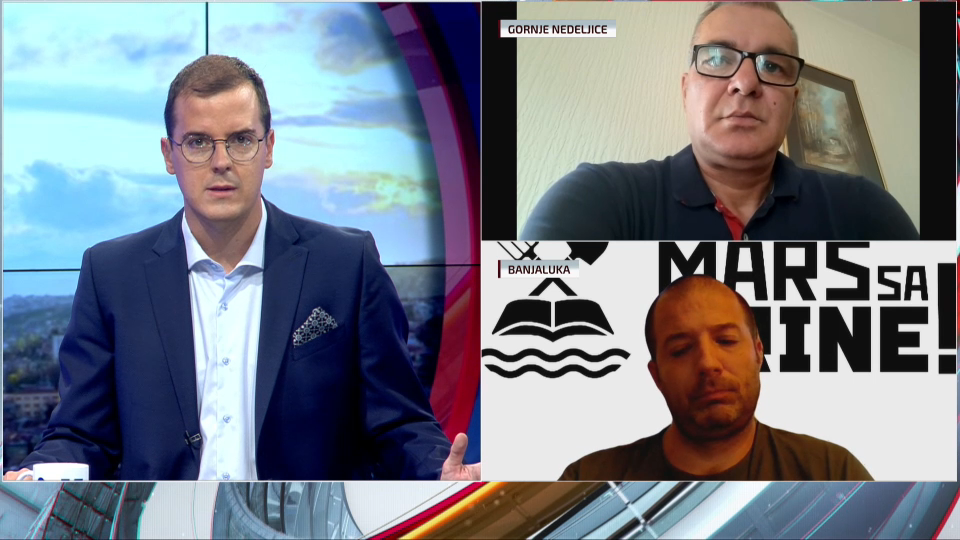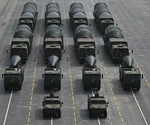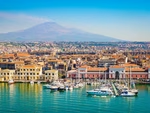
Protests have been ongoing for days against potential lithium mining in western Serbia near the Bosnian border, around Loznica. The outcome of this situation in Serbia may influence the plans for lithium mining in Bosnia and Herzegovina, specifically in Lopare where significant deposits have been found. We discussed this issue with environmental activists, Tihomir Dakic from the Center for the Environment in Banja Luka, and Nebojsa Petkovic from the association “Ne damo Jadar” in Gornje Nedeljice.
Activists in Serbia have given the government a deadline of August 11 to adopt a law banning lithium and boron mining. It is unlikely that this demand will be met.
“If the demand is not met, we will have several blockades across Serbia on August 11. We are also planning a large gathering in Belgrade on August 10. The government doesn’t seem intent on passing the law but is panicking through the tabloids, trying to discredit and intimidate us. But people have had enough,” Petkovic told N1, adding that the success of the protests depends on the number of participants.
The Serbian government claims that Germany guarantees no environmental risks from the mining.
“Germany’s conclusions are based on data from Rio Tinto. This is feigned concern for citizens’ health. Serbia lacks an institution capable of giving such guarantees. If it did, we wouldn’t be in this situation. It’s crucial to note that around 17,000 people die from pollution in Serbia annually, and every fourth person suffers from some form of cancer,” added Petkovic.
The Serbian Academy of Sciences and Arts has questioned the justification for opening the Rio Tinto mine.
“The government doesn’t care about expert opinions. They call us and the experts foreign agents. They only care about analysts, economists, and mining engineers. Everyone else is ignored.”

The outcome of this struggle in Serbia could also determine the fate of the Bosnian government’s plans to exploit domestic lithium deposits found in the Majevica area.
“Politicians are trying to justify this with a potential economic boom for Serbia. But what would be the real cost of this agreement? Germany could start these processes in its own country and see the impact on health and environment in 10-15 years,” Tihomir Dakic told N1.
He added that the international community talks about economic interest: “They mention that Republika Srpska is in economic crisis and owes a lot of money. The question is whether we should sell our natural resources to repay debts.”
Petkovic also spoke about pressures from other countries.
“We haven’t had pressures from embassies as we don’t communicate with them nor do we want to. Germany has three times more lithium than Serbia in a more benign form, but they don’t plan to explore it because it’s not environmentally safe. They are clearly pressuring the government while avoiding mining themselves.”
Dakic commented on the current political structures in Serbia and RS.
“They will do anything to stay in power as long as possible. They are likely conditioned to sign some agreements, and if they don’t, measures might be taken against them. They are obedient. These are international companies with many involved interests, both local and international.”
The guests concluded by discussing the safety of lithium mining for the environment.
“No one can convince me that lithium mining is safe for the environment, especially with a company that has caused disasters wherever it operated,” Petkovic stated.
“Green mining doesn’t exist. This idea of green policies is just a spin being pushed in this region. Citizens benefit only if they stay on their land,” Dakic concluded.
Kakvo je tvoje mišljenje o ovome?
Učestvuj u diskusiji ili pročitaj komentare





 Srbija
Srbija
 Hrvatska
Hrvatska
 Slovenija
Slovenija


























































